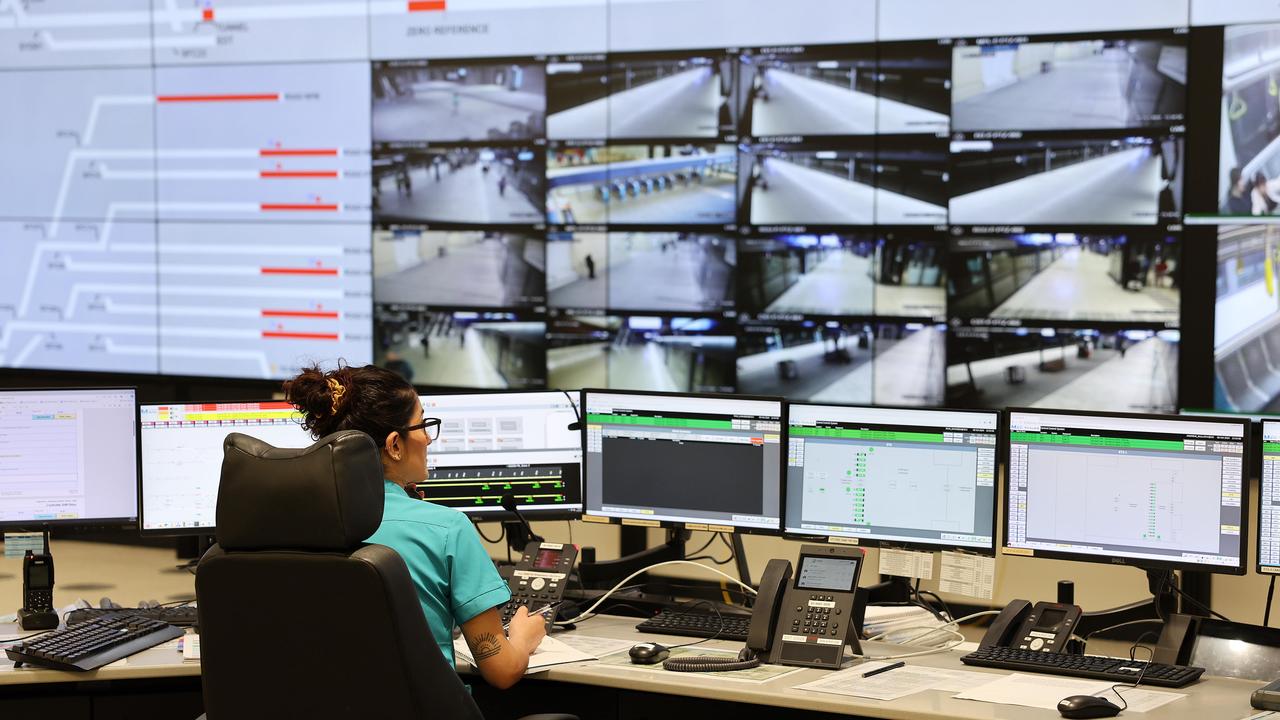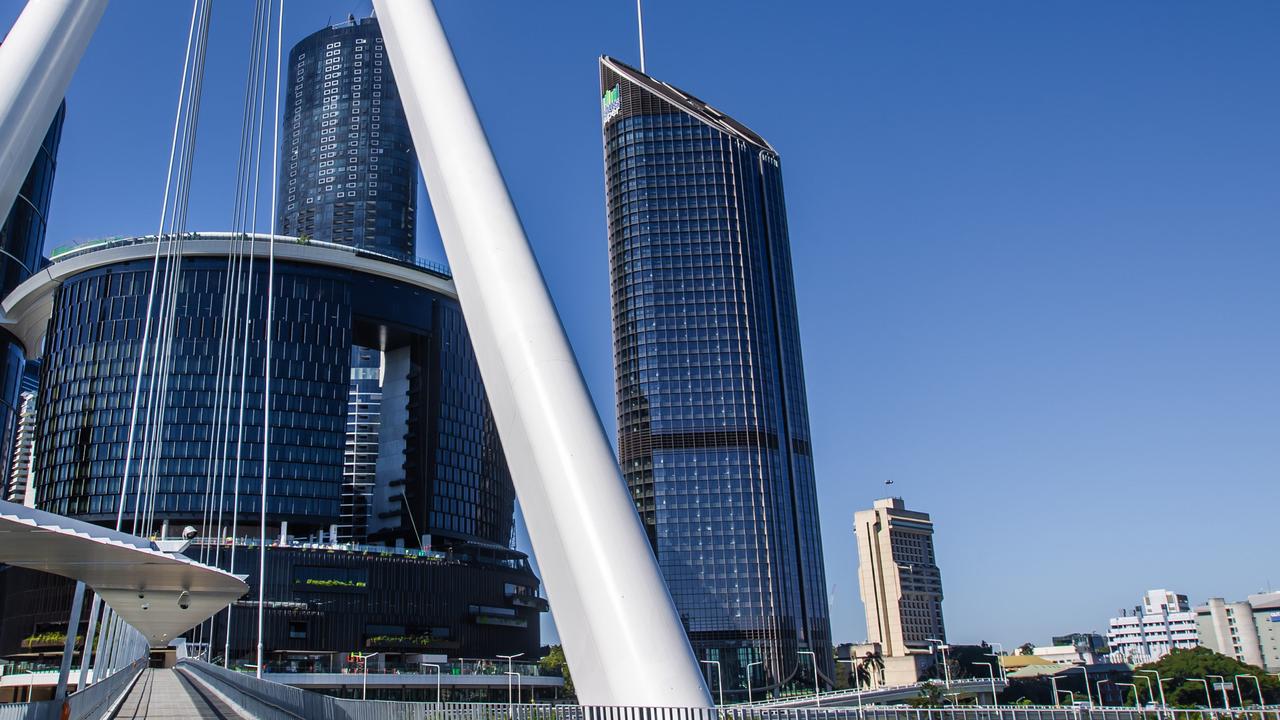Economic downturn, high salaries widen gender pay gap and reduce diversified hiring, data finds
Is big tech with all of its perks and competitive offers worsening the gender pay gap in the industry? An HR report suggests that’s the case.

Business
Don't miss out on the headlines from Business. Followed categories will be added to My News.
Australia’s economic downturn is widening the gender pay gap and many in the nation’s human resources industry are concerned the situation will only worsen, new data shows.
The current climate shows evidence of businesses pulling back their spending on diversity, equity and inclusion programs, which could have major implications in the long term.
More than one in five Australian human resources workers say the gender pay gap has widened, and 17 per cent of respondents to a survey expect it to increase further in the current economic market.
The findings come from a new report titled Growing Pains by HR tech platform HiBob, which found that just under one quarter of HR workers said diversity, equity and inclusion was falling down the priority ladder.
HiBob Asia Pacific vice president Damien Andreasen said many companies were moving into survival mode, and most didn’t see DEI as a top priority.
“Survival mode is what it says on the box; it’s really trying to work out how a company can survive through a particular market period,” he said.

“You start to see a reduction in a lot of the things that I think organisations look at as a top priority. That’s been the mentality, I think, for the past 12 months.”
However, MindTribes chief executive Div Pillay said reduction in DEI spending would have major impacts in the long term and would damage pipelines of diverse talent.
The nation’s tech sector, with all of its perks, competitive offers and salaries, could sometimes do more harm than good when there was a talent shortage, Ms Pillay said.
Talent from non-Anglo backgrounds were not accustomed to navigating salary discussions and often revealed they were on lower packages – which in some cases allowed recruiters to take advantage, she said.
Incentivised referral programs were also limiting exposure to diverse talent, and often amplified the majority by having them refer their networks of similar backgrounds, she said.
“If companies are not investing in building their pipeline now, it will have a compounding effect on our talent readiness in future years,” Ms Pillay said.
“I would hypothesise as a social researcher that if a company held a woman back from a senior position now, that it would probably take another three to five years of plateauing in her career before she is given another chance to reach the executive team.”
If any DEI spending was to be cut, it should be done from events which did more for the corporate brand than have any kind of measurable impact, Ms Pillay said.
“If it’s pulling back investment around education and events, like International Women’s Day or something celebratory, then honestly I couldn’t be fussed,” she said.
“Actually it’s a sunk cost, that kind of investment. It’s a branding exercise, often a positioning exercise that might seem as if these organisations are doing something useful but actually doesn’t address those gender structural barriers.”
Ms Pillay said she was very concerned companies would pull back on self reporting and internal analysis of staff and diversity targets.

“If companies are pulling back investment from actually doing audits and analysis to repair their systems and to address the retention of women who are existing in the talent pipelines, yes, for sure that will hurt,” she said.
Mr Andreasen said HiBob had also experienced difficulty in meeting DEI targets when it recently expanded. When it sought to expand its sales team recently, more than 90 per cent of applicants were male.
“That’s just not the reality for sales, it’s the reality for a lot of roles. It is very difficult, even if you wanted to hire a diverse team,” he said.
“We have to work with recruiters to find female candidates because they’re a small portion of the market.”
It was unclear when companies would pick back up their DEI efforts, Mr Andreasen said, but it was likely something that would follow once hiring increased again.
“If you think about the last five years, there’s been a constant change and there’s kind of been one catastrophe after another so businesses have had to be incredibly agile to adapt and adopt new ways of working,” he said.
“A lot of people are trying to peek around the corner for what’s to come next. They’re thinking about what they need to do if they haven’t hit rock bottom yet.”
Originally published as Economic downturn, high salaries widen gender pay gap and reduce diversified hiring, data finds









